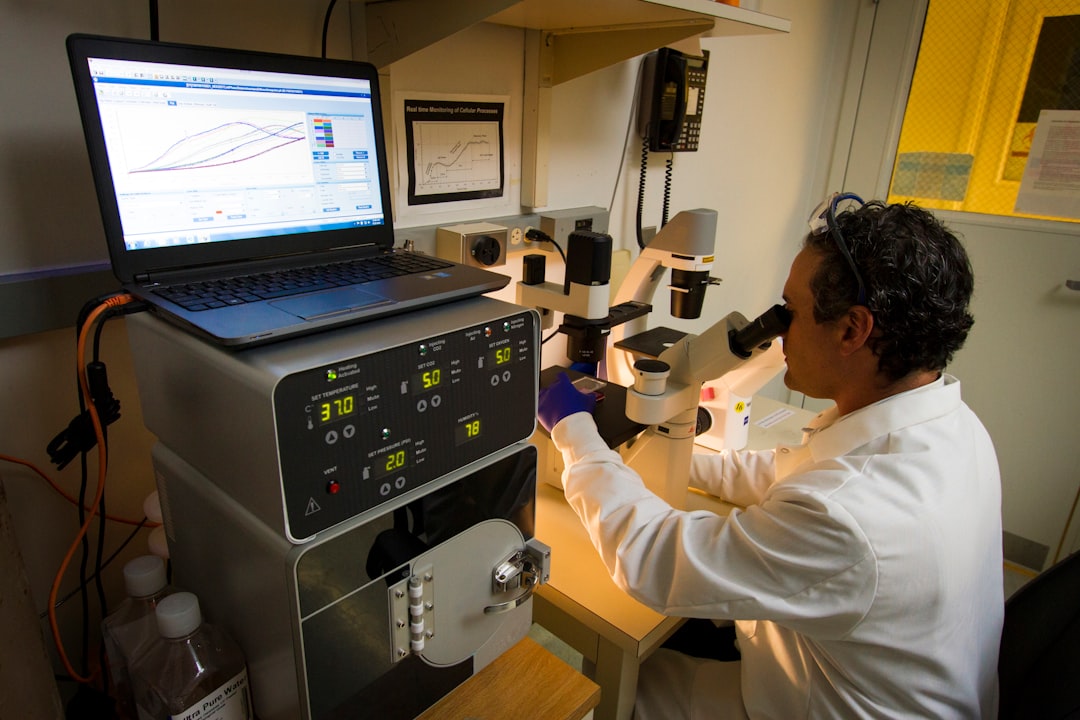What is it about?
This Theme Issue looks into two millennia of research on individual differences, their neurobiological underpinnings and expression in psychopathology. It brings together leading scholars from experimental neurophysiology, psychiatry, neuroanatomy, neurochemistry, psychogenetics, developmental, differential, personality, clinical and comparative psychology, nonlinear dynamics modelling and evolutionary theory who present newest findings in the field.
Featured Image
Why is it important?
Models of individual differences currently popular in psychology were derived from human everyday language (e.g., Five Factor Model of human personality). Because language reflects our sociocultural beliefs and values, these models are inadequate to categorise individual differences and to explore their biological underpinnings. The Theme Issue presents alternative concepts and approaches as well as findings from the leadings scholars in different fields.
Perspectives
Popular personality models give only a very limited - and socioculturally biased - view on individual differences. It is high time that psychologists broaden their views and incorporate the knowledge and concepts of other disciplines in order to jointly develop integrative models of individual differences.
Dr Jana Uher
University of Greenwich
Read the Original
This page is a summary of: Taxonomies of psychological individual differences: biological perspectives on millennia-long challenges, Philosophical Transactions of the Royal Society B Biological Sciences, February 2018, Royal Society Publishing,
DOI: 10.1098/rstb.2017.0152.
You can read the full text:
Resources
Research paper
Paper download
Author Homepage
Jana Uher has developed a novel transdisciplinary and philosophy-of-science paradigm focused on individuals, their personality, behaviours and social relationships.
Transdisciplinary Philosophy-of-Science Paradigm for Research on Individuals
The TPS-Paradigm provides philosophical, metatheoretical and methodological frameworks to explore the complexity of individuals and their lives from transdisciplinary viewpoints.
Contributors
The following have contributed to this page










